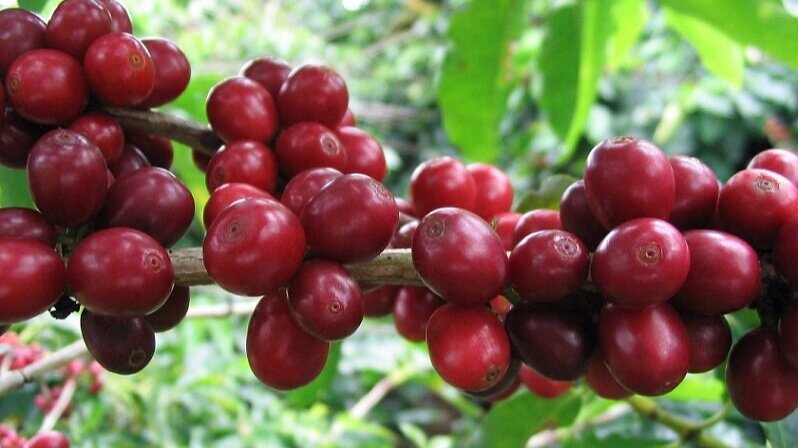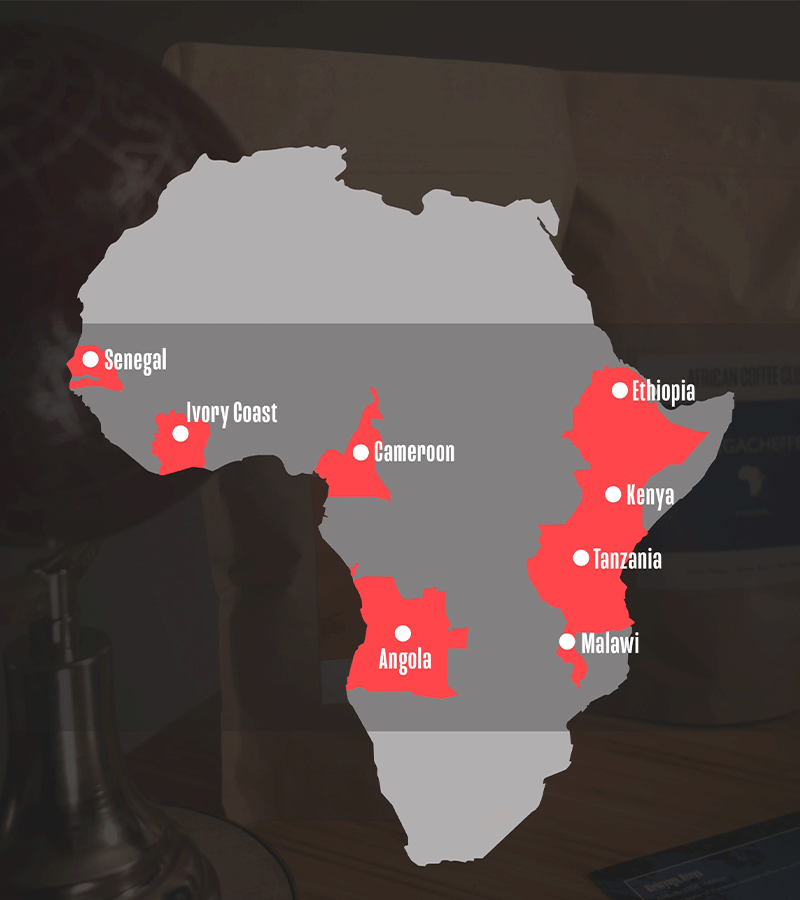The Center for Disease Control lists the loss of smell, known as anosmia, as one of the most common symptoms of COVID-19. Studies suggest anosmia better predicts the disease than other well-known symptoms such as fever and cough.
According to an article by Harvard Medical School, A majority of COVID-19 patients experience some level of anosmia, most often temporary. Analyses of electronic health records indicate that COVID-19 patients are 27 times more likely to have smell loss but are only around 2.2 to 2.6 times more likely to have a fever, cough, or respiratory difficulty, compared to patients without COVID.
The apparent good news — especially for coffee professionals who rely on olfactory observations for critical job functions — is that that most people suffering from COVID-19-induced anosmia do ultimately have their senses of taste and smell fully restored, according to preliminary research. Early on, scientists were worried that the disease may have been affecting the neurons that make olfactory connections, which would threaten long-term olfactory capabilities, although it appears more likely now that the disease only affects a layer of cells in the nose that can recover within about 14 days.
Given the prevalence of anosmia among COVID-19 carriers, the high percentage of asymptomatic carriers of the virus and the widespread availability of coffee, doctors everywhere are urging people to mask up and smell the coffee.
“One of the things that can be done pretty easily, pretty objectively by someone at home would be to take some ground coffee and see how far away you can hold it and still smell it,” Tufts University School of Medicine Professor James Schwob recently told the University’s news service. “Or do the same with rubbing alcohol or your shampoo. If your nose is not congested and you have trouble recognizing those or other scents that are familiar to you, you might want to call your doctor about getting tested.”
Richard Doty, director of the Smell and Taste Center at the University of Pennsylvania School of Medicine, shared a similar thought regarding coffee’s taste.
“If you discover that coffee has no taste or chocolate seems to no longer have any taste other than bitterness or sweetness, then it’s likely that you may be experiencing smell loss,” told Penn Medicine. “When you chew food, molecules go up through the rim of the nasal cavity to reach the olfactory receptors at the top of the nose. For that reason, things like coffee and chocolate do not have any ‘taste’ — it’s really a smell.”
Researchers are applying these methods on a more rigorous scale, using coffee in olfactory test strips, while a recent article in the British medical journal BMJ encourages medical practitioners to employ coffee as a diagnostic tool.
Yet another BMJ article includes the first-person experiences of Brazilian neurologist Sofia Mermelstein, who suspected she might be infected with the novel coronavirus after she lost her ability to smell her daily dose of fresh Brazilian beans.
As part of a broader effort earlier this semester to keep the campus safe during in-person classed, the Penn State University College of Agricultural Sciences set up a “Daily Smell Check” tool that asks students to take their nose to their coffee every day.
Of course, smelling coffee is not a perfect science and it should not be confused with a legitimate medical test. A food science expert and epidemiologist at Penn State University elaborated on this caveat in a recent open-source piece for The Conversation that also suggested loss of smell may be the “single best predictor of a COVID-19 diagnosis.”
“Loss of smell is very specific to COVID-19, but not everyone with SARS-CoV-2 infection reports smell loss,” they wrote. “Critically, being able to smell things does not mean you are COVID-free. If you were able to smell your coffee this morning, that is an ambiguous result: It might mean you don’t have COVID-19, but it could also mean that you are infected with SARS-CoV-2 and simply didn’t lose your normal sense of smell.”



